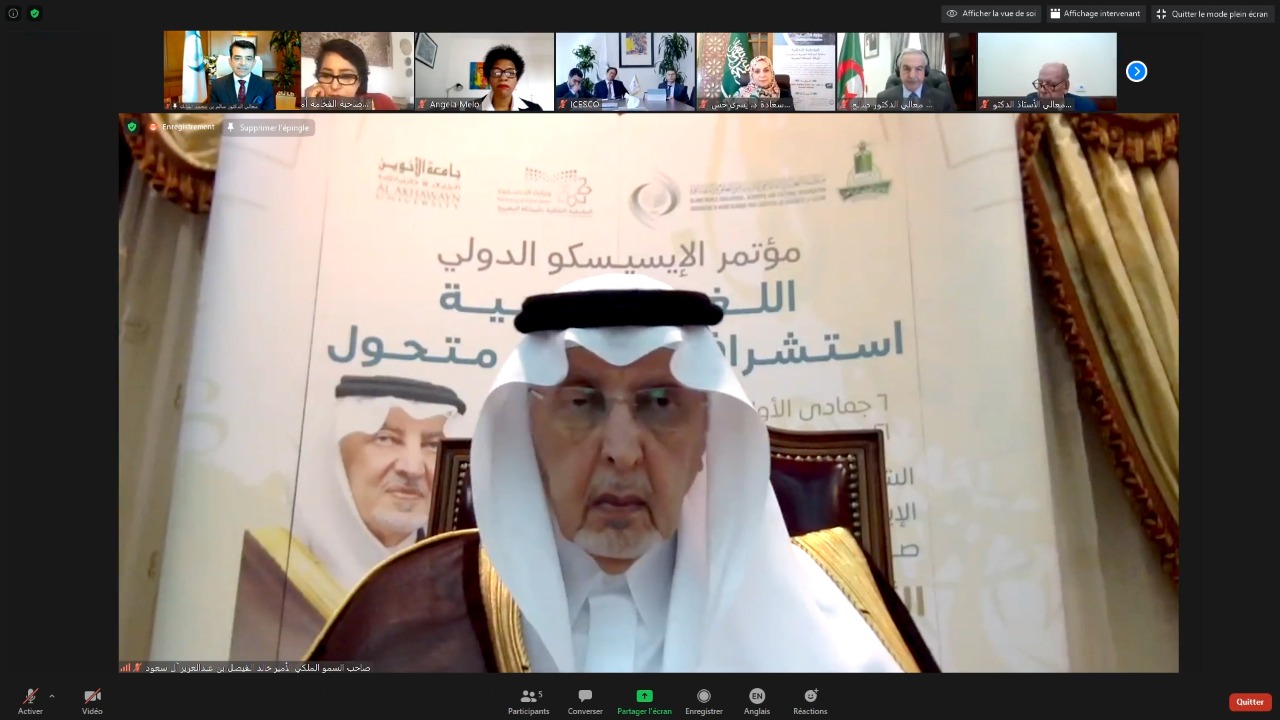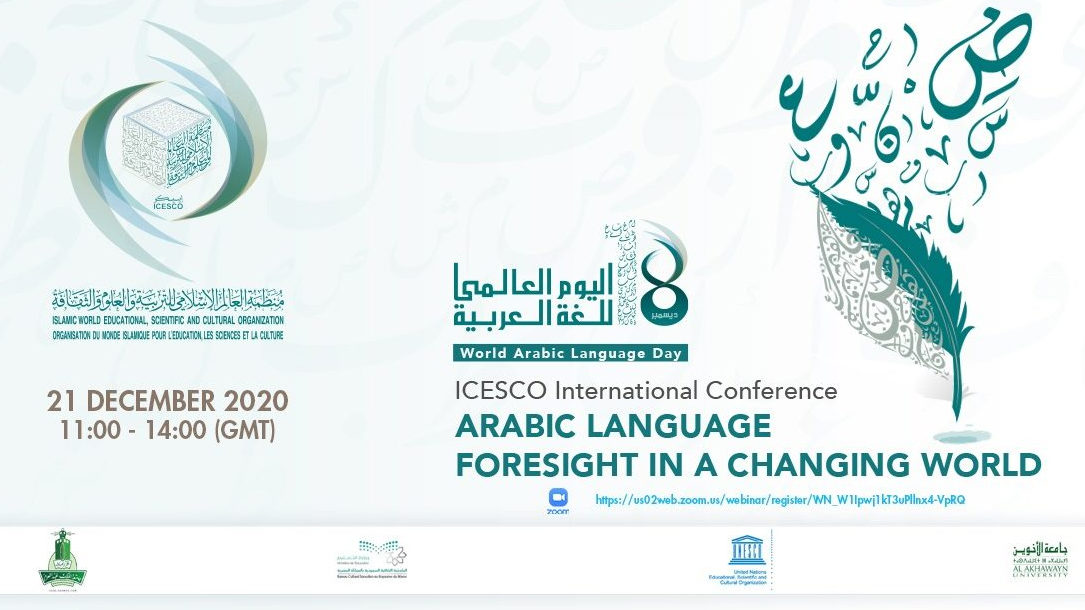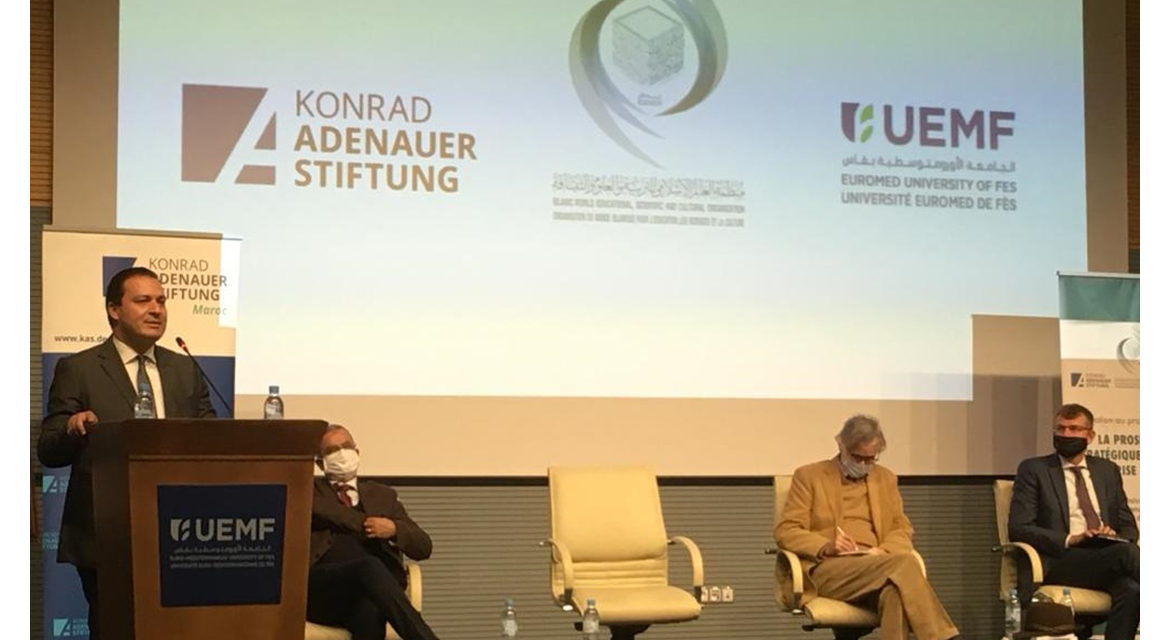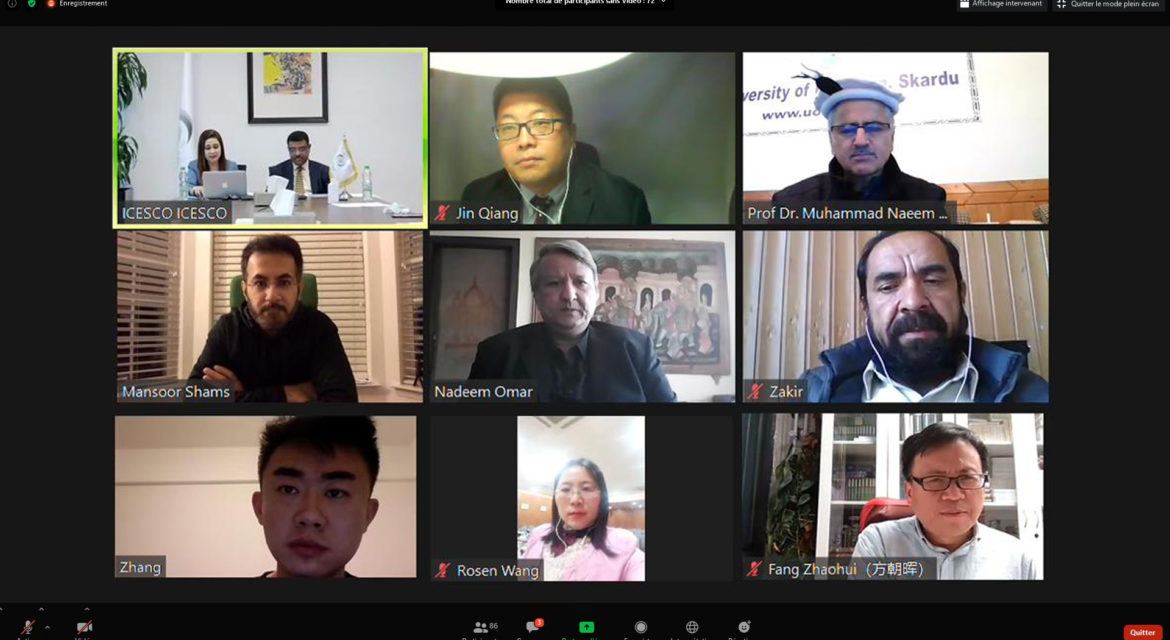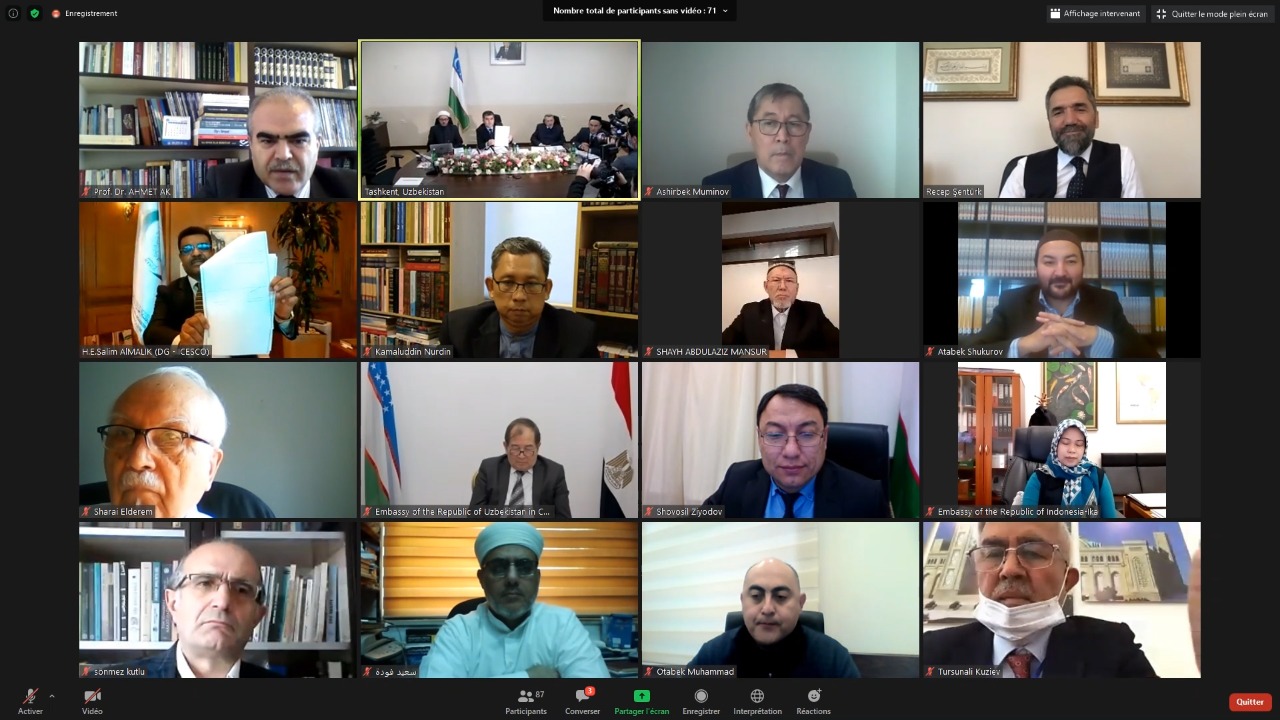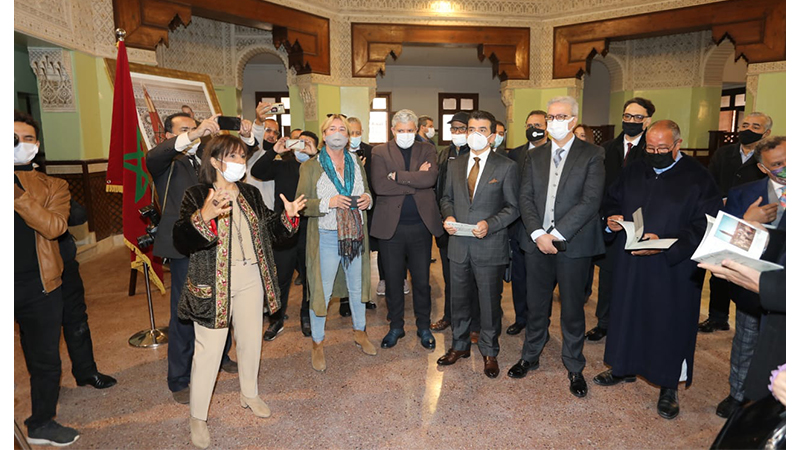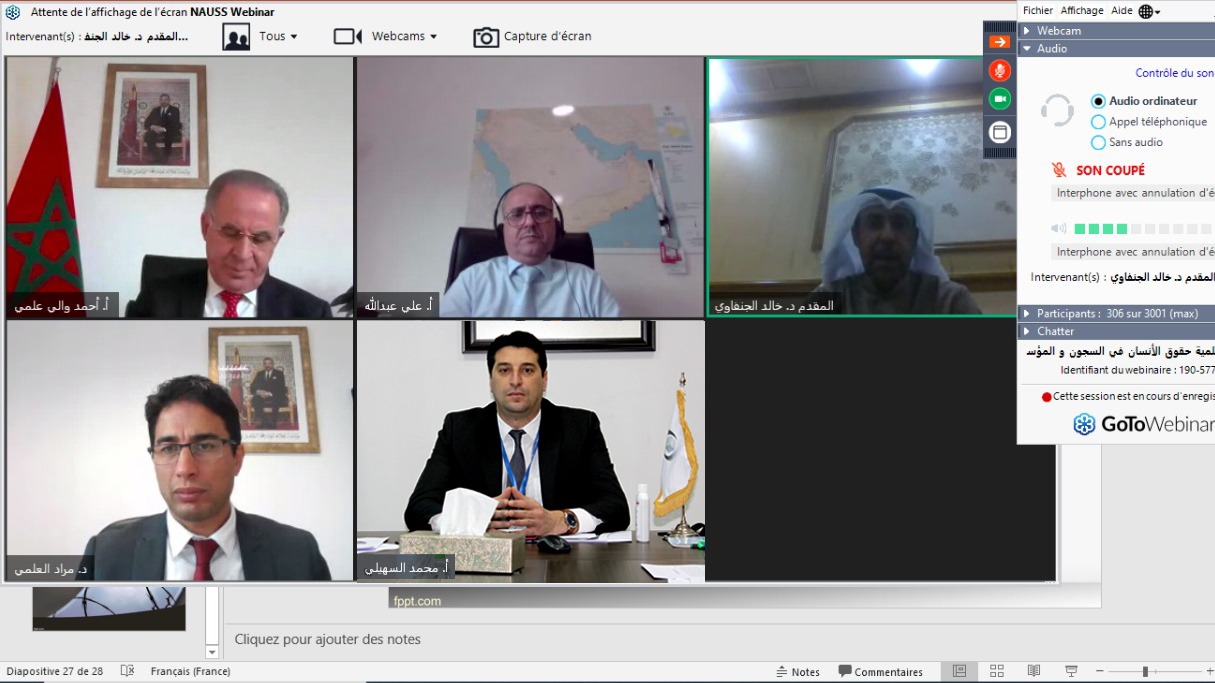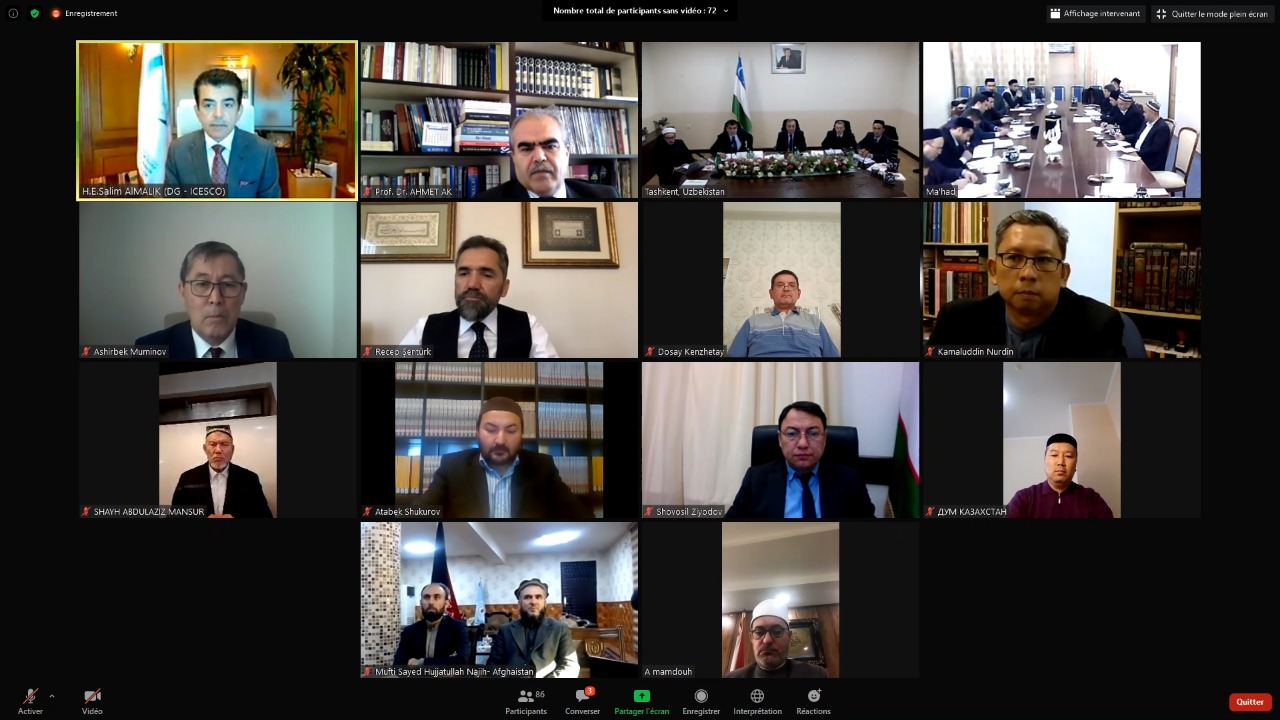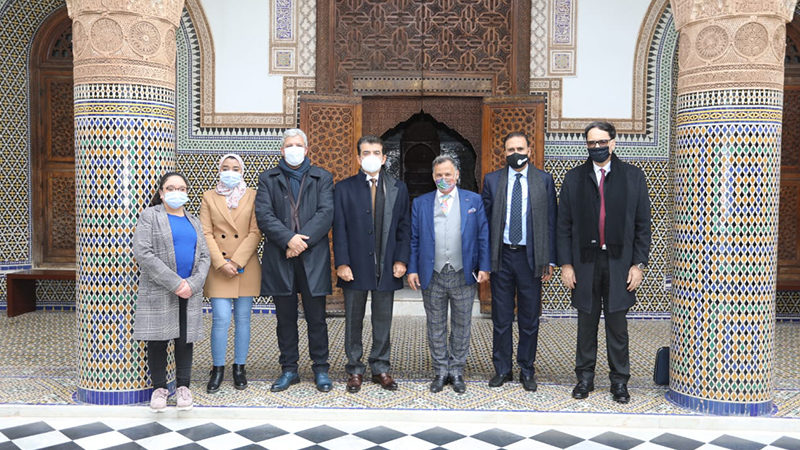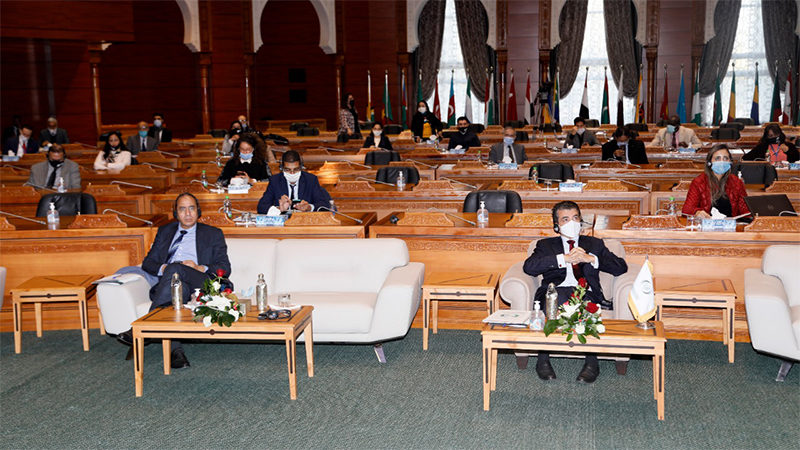His Royal Highness Prince Khalid al-Faisal bin Abdulaziz Al-Saud, Advisor to the Custodian of the Holy Mosques, Governor of Makkah Region, said that he devoted his life to serving the language of the Quran. He also reaffirmed that the Arabic language is the highest form of expression and the manifestation of human identity.
The statement was part of Prince Khalid al-Faisal’s address at the opening session of the international conference that the Islamic World Educational, Scientific, and Cultural Organization (ICESCO) held yesterday, in celebration of the World Arabic Language Day.
His Royal Highness also said that “Allah Almighty and then the Custodian of the Two Holy Mosques have given me the honor of serving the sacred Mosque. Thus, I have devoted my life to serving the language of the Quran and Muslims at this time and place. Arabic is the highest form of expression and human identity. Today, ICESCO honors me through the invitation to this conference. I am extremely grateful to ICESCO and all its staff members.”
His Royal Highness beseeched Allah Almighty to make him “among those who remember and praise Allah, learn the lessons of life, and make their speech concise and beneficial.”
At the opening of the celebration under the theme: “Arabic language: Foresight in a changing world,” Dr. Salim AlMalik, ICESCO Director-General expressed his sincere thanks and gratitude to H.R.H. Prince Khalid al-Faisal for his outstanding participation in the videoconference.
“His Highness accomplished many achievements in serving the Arabic language and Arab thought. His intellectual works, poetry collections, and artistic works mainly focus on serving Arabic, promoting its position, and stimulating creativity in Arab thought,” he underscored.
Dr. AlMalik also reaffirmed that “His Royal Highness is a pioneer of cultural, tourism, sports, and literary action in Saudi Arabia and the Arab and Islamic worlds. He is also the founder of many forums, awards, and cultural and literary journals.”


